Economic Headwinds Unlikely to Cause a Crash

Concerns about an impending recession are widespread, with discussions of economic downturn dominating recent years. Many fear that a recession would trigger a surge in unemployment, echoing the skyrocketing unemployment rates and subsequent foreclosures crises witnessed 15 years ago.
Despite widespread concerns, a recent Economic Forecasting Survey by the Wall Street Journal (WSJ) suggests that the likelihood of a recession within the next year has diminished. The survey found that only 48% of economists believe a recession will materialize within the next 12 months. This marks a significant shift from previous surveys, where nearly half of economists predicted a recession in the near future. This reduced recession risk is attributed to a number of factors, including strong consumer spending, a resilient labor market, and a healthy housing market. While economic headwinds persist, the overall outlook has brightened, offering some relief to those anxious about a downturn.
"Economists are becoming more positive about the U.S. economy, as they have reduced the likelihood of a recession in the next year. In July, the average probability was 54%, but it has now shifted to a more optimistic 48%. This marks the first instance since the middle of last year that the probability has fallen below 50%."
If more than half of the experts no longer anticipate a recession in the coming year, it follows that these experts also foresee a stable unemployment rate. The graph below utilizes data from the aforementioned WSJ survey to illustrate precisely what economists project for the unemployment rate over the next three years (refer to the graph below).

Should the forecasts of those experts prove accurate, a greater number of individuals will face job losses in the coming year. Any form of job loss is profoundly distressing for the individuals affected and their families.
Nevertheless, the crucial question at hand is whether the extent of job losses will be sufficient to trigger a surge in foreclosures capable of destabilizing the housing market. Drawing insights from historical data provided by Macrotrends and the Bureau of Labor Statistics (BLS), the answer appears to be negative. This is attributed to the fact that the current unemployment rate is close to all-time lows (refer to the graph below).

Illustrated by the orange bar in the graph, the average unemployment rate dating back to 1948 stands at 5.7%. In contrast, during the aftermath of the 2008 financial crisis—the last instance of a housing market crash—the average unemployment rate soared to 8.3%, as indicated by the red bar. Notably, both of these figures are considerably higher than the current unemployment rate, depicted in the blue bar.
Looking ahead, economists project that the unemployment rate is likely to remain below the 75-year average. This suggests that the labor market will continue to exhibit resilience, minimizing the risk of widespread job losses and subsequent foreclosures.
Bottom Line
The majority of economists have shifted away from anticipating a recession within the next 12 months. Consequently, they do not foresee a substantial increase in the unemployment rate, which could trigger a wave of foreclosures and potentially lead to another housing market downturn. Should you have inquiries about unemployment and its potential effects on the housing market, consider reaching out to a real estate professional for guidance.
Categories
Recent Posts
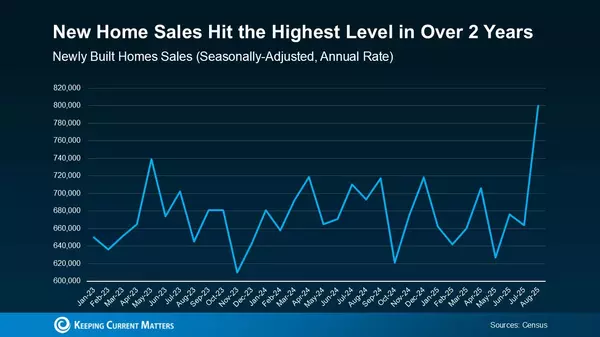
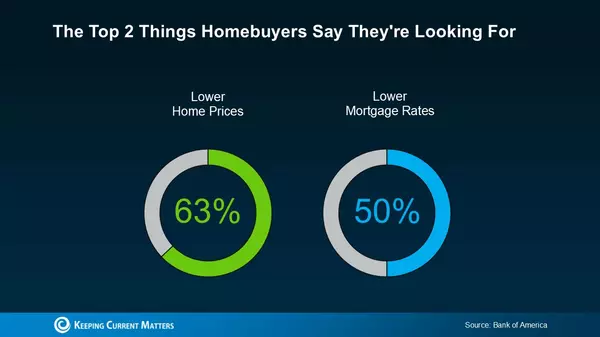
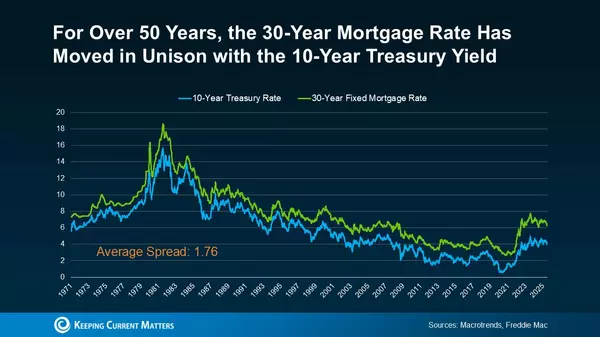
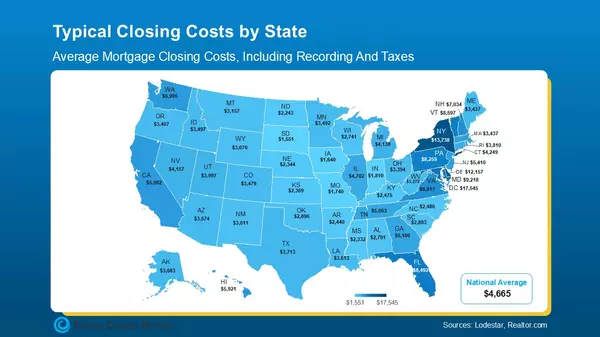
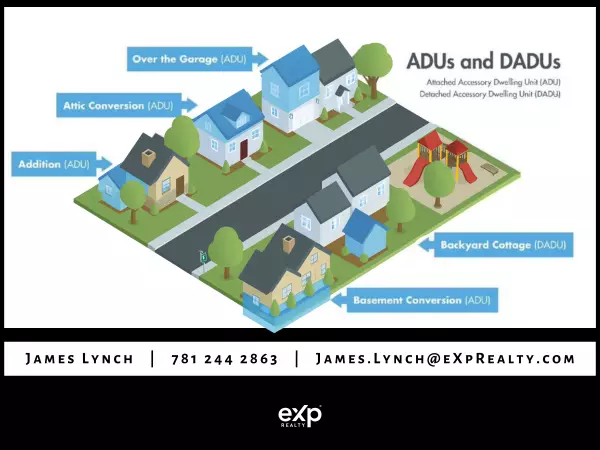

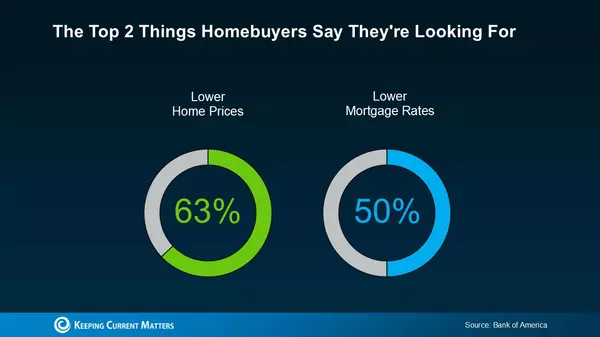
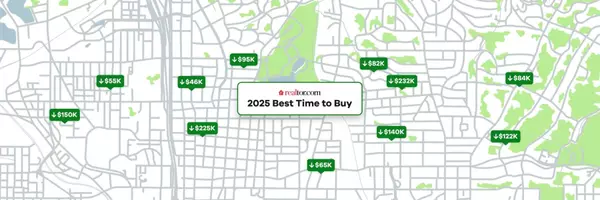
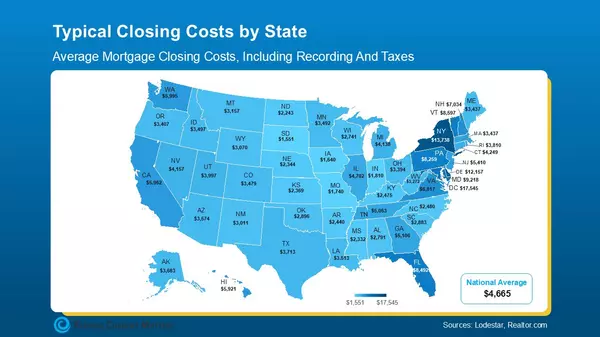
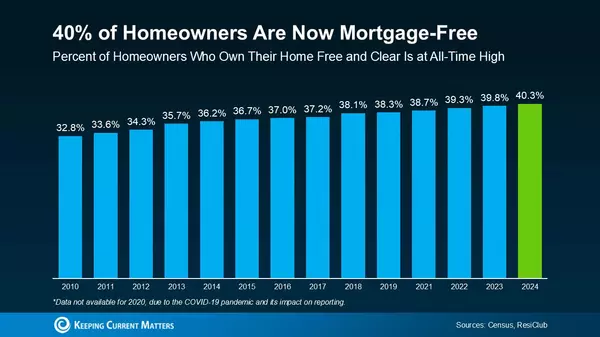
GET MORE INFORMATION


